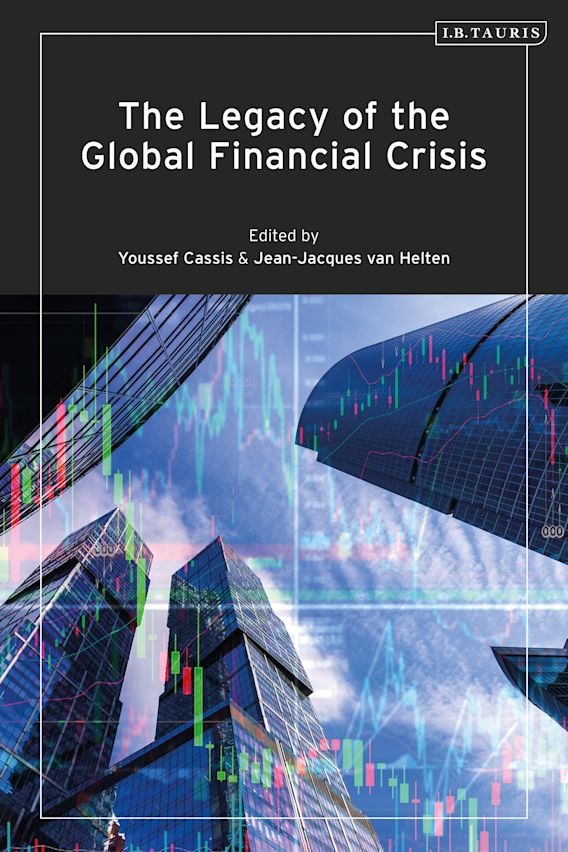Financial Deregulation. A historical perspective
Edited by Alexis Drach and Youssef Cassis
Abstract
A wave of liberalization swept the developed world at end of the twentieth century. From the 1970s and 1980s onwards, most developed countries have passed various measures to liberalize and modernize the financial markets. Each country had its agenda, but most of them have experienced, to a different extent, a change in regulatory regime. This change, often labeled deregulation and associated with the advent of neoliberalism, was sharply contrasting with the previous era of the Bretton Woods system, which has sometimes been portrayed as an era of financial repression. On the other hand, a quick glance at financial regulation today – at the amount of paper it produces, at its complexity, at the number of people involved, and at the resources invested in it – is enough to say that, somehow, there is more regulation today than ever before. In the new system, financial regulation has taken unprecedented importance. As more archival material is becoming available, a better understanding of the fundamental changes in the regulatory environment towards the end of the twentieth century is now possible. What kind of change exactly was deregulation? Did competition between financial regulators lead to a race to the bottom in regulation? Is deregulation responsible for the recurring financial crises which seem to have characterised the international financial system since the 1980s? The movement towards a more liberal regulatory regime was neither linear nor simple. This book – a collection of chapters studying deregulation in various countries and contexts – examines the national and international pathways of deregulation by providing an in-depth analysis of a short but crucial period in a few major countries.
Remembering and Learning from Financial Crises
Edited by Youssef Cassis and Catherine R. Schenk
Abstract
The chapters in this book reflect on people’s relationships with past financial crises – from public opinion to business leaders and policy makers. In connection with financial crises, Remembering and Learning from Financial Crises addresses three fundamental questions: first, are financial crises remembered, and if so how? Second, have lessons been drawn from past financial crises? And third, have past experiences been used in order to make practical decisions when confronted with a new crisis? These questions are of course related, yet they have been approached from different historical perspectives, using methodologies borrowed from different academic disciplines. One of the objectives of this book is to explore how these approaches can complement each other in order to better understand the relationships between remembering and learning from financial crises and how the past is used by financial institutions. It thus recognises financial crisis as a recurring phenomenon and addresses the impact that this has in a range of public and policy contexts.
The Legacy of the Global Financial Crisis
Edited by Youssef Cassis and Jean-Jacques van Helten
Abstract
Much has been written on the financial crisis of 2008 – the most severe economic downturn since the Great Depression – analysing its causes and the risks for the future of the global economy. This book takes an alternative approach which focuses on the legacy of the global financial crisis, what is remembered and what lessons have been drawn from it. This volume provides perspectives on this legacy from a variety of contributors including central bankers, regulators, politicians, academics, and journalists. They offer insight into what remains of the crisis in terms of public and industry awareness, changes to the post-2008 financial architecture, lessons from the national experiences of highly exposed small economies, and considers this legacy in terms of oversight by regulatory regimes. These diverse perspectives are drawn together here to ask how we can ensure that these lessons will be transmitted to the new generation of global financiers.
